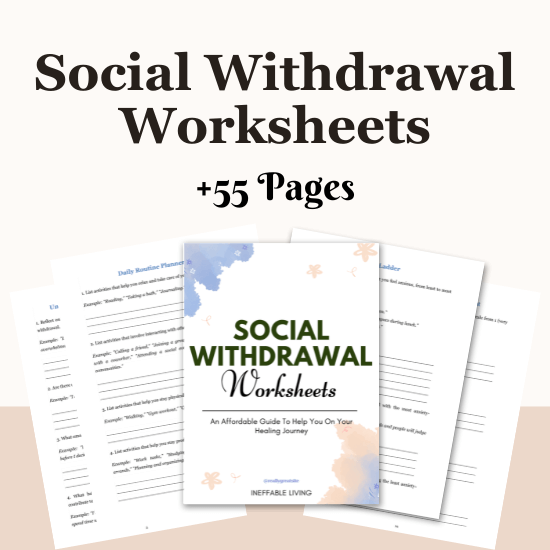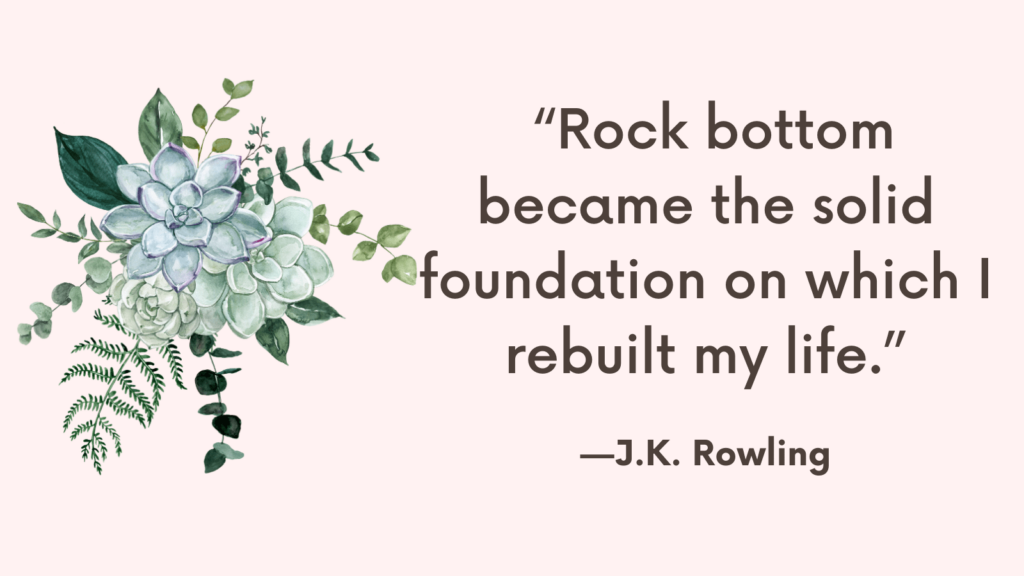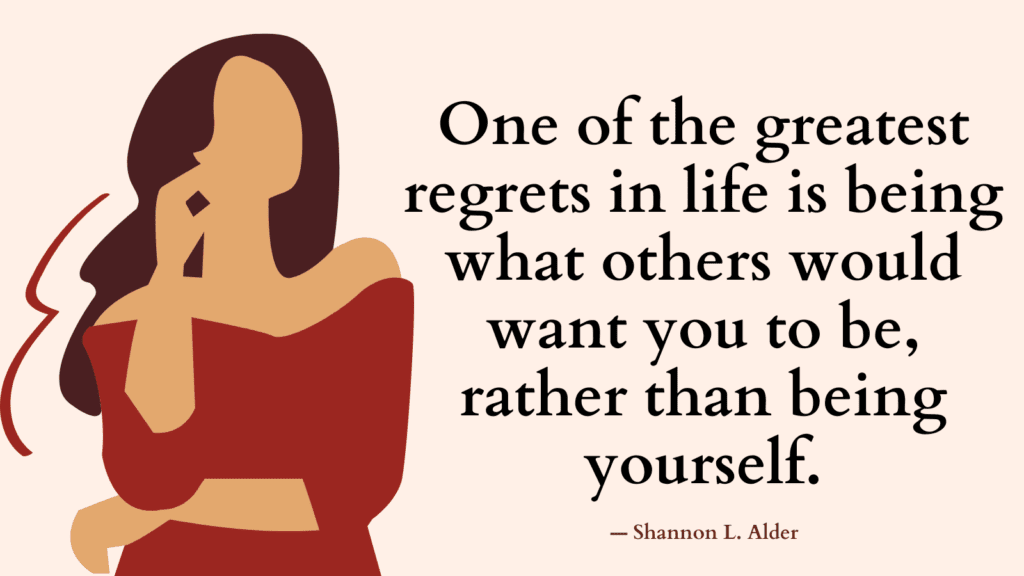Cabin Fever Syndrome is a term used to describe the feelings of restlessness, irritability, and discomfort that arise from being confined indoors for extended periods.
Whether caused by inclement weather, quarantine measures, or remote living, this condition can significantly impact mental health and well-being.
This blog post explores the nature of Cabin Fever Syndrome, its symptoms, causes, and effective strategies for coping with and overcoming this challenging experience.
What is Cabin Fever Syndrome?
Cabin Fever Syndrome is not a formally recognized medical condition but rather a colloquial term used to describe the psychological effects of prolonged isolation and confinement.
The syndrome is characterized by a range of emotional and behavioral symptoms resulting from restricted movement and limited social interaction.
Key Characteristics of Cabin Fever Syndrome
1. Restlessness:
A pervasive feeling of restlessness and the urge to move or leave the confined space.
2. Irritability:
Increased irritability and frustration, often over minor issues or interactions.
3. Anxiety and Depression:
Heightened feelings of anxiety and depression, exacerbated by the lack of change in environment and routine.
4. Difficulty Concentrating:
Trouble focusing on tasks or maintaining attention on activities.
5. Lethargy:
A sense of lethargy or lack of motivation, despite the desire to break free from confinement.
6. Social Withdrawal:
Reduced interest in social interaction, even if opportunities for remote communication are available.
7. Sleep Disturbances:
Changes in sleep patterns, including insomnia or excessive sleeping.
Related: Top 10 Social Withdrawal Signs — & How To Social Isolation? (Hikikomori Syndrome)
Causes of Cabin Fever Syndrome
Cabin Fever Syndrome can arise from various situations that limit movement and social interaction, including:
1. Extreme Weather Conditions:
Prolonged periods of harsh weather, such as blizzards, hurricanes, or heavy rains, that keep people indoors.
2. Quarantine and Isolation:
Public health measures during pandemics or outbreaks that require individuals to remain isolated or quarantined.
3. Remote Living:
Living in remote or isolated locations with limited access to social and recreational activities.
4. Personal Circumstances:
Health issues, caregiving responsibilities, or other personal situations that restrict movement and social engagement.
Related: Hikikomori Test (+FREE Worksheets)
Coping Strategies for Cabin Fever Syndrome
Managing Cabin Fever Syndrome involves a combination of mental, physical, and social strategies. Here are some effective ways to cope:
1. Establishing a Routine
Creating and maintaining a daily routine can provide structure and a sense of normalcy, which is crucial for mental well-being when dealing with cabin fever.
Set consistent times for waking up, meals, work, exercise, and relaxation.
This routine can help break the monotony and provide a framework that promotes productivity and stability.
2. Creating a Comfortable Living Space
Making your living space as comfortable and pleasant as possible can have a significant impact on your mood and mental health.
This can include decluttering, rearranging furniture, and adding elements like plants, artwork, or soft lighting.
A space that feels inviting can help alleviate feelings of confinement and stress.
3. Engaging in Regular Exercise
Physical activity is essential for mental health, especially when confined to a small space.
Exercise releases endorphins, which can improve mood and reduce stress.
Try to incorporate different forms of exercise, such as cardio, strength training, or even simple stretching routines, to keep things interesting and maintain physical health.
Related: Best 9 Tips On How To Stop Avoidance Cycle (+FREE Worksheets PDF)
4. Practicing Mindfulness and Meditation
Mindfulness and meditation can help reduce anxiety and improve overall mental health.
These practices encourage being present in the moment and can reduce feelings of frustration and restlessness associated with cabin fever.
Even a few minutes of daily meditation can make a significant difference in your mental state.
5. Exploring New Hobbies
Cabin fever provides an opportunity to explore new interests and hobbies.
Engaging in activities like painting, knitting, cooking, or playing a musical instrument can provide a sense of accomplishment and break the monotony of daily life.
Learning something new can be both mentally stimulating and rewarding.
6. Maintaining Social Connections
Staying connected with friends and family is crucial for mental health.
Use technology to your advantage by setting up regular video calls, participating in virtual events, or joining online communities that share your interests.
Social interaction, even if virtual, can reduce feelings of isolation and loneliness.
Related: Best 15 Books About Fear
7. Spending Time Outdoors
If possible, spending time outdoors can be incredibly beneficial for mental health.
Fresh air and natural light can improve mood and reduce feelings of confinement.
Even if you can only spend time on a balcony, patio, or in a small garden, being outside can provide a much-needed change of scenery.
8. Practicing Gratitude
Keeping a gratitude journal can help shift your focus from negative feelings to positive ones.
Each day, write down a few things you are grateful for.
This practice can improve your outlook on life and help you appreciate the small joys, even during difficult times.
9. Limiting Media Consumption
While staying informed is important, consuming too much news, especially negative news, can increase anxiety and stress.
Set specific times for checking the news and stick to trusted sources.
Limiting media consumption can help you maintain a more positive and balanced perspective.
10. Developing a Self-Care Routine
Self-care is essential for managing stress and maintaining mental health.
Develop a self-care routine that includes activities you enjoy and that make you feel good.
This could be anything from taking a warm bath, reading a book, practicing skincare, or listening to music.
Related: Top 45 Self Care Day Ideas at Home To Kickstart Your Self Care Ritual
11. Creating and Completing Projects
Setting small projects for yourself can provide a sense of purpose and accomplishment.
These projects could be related to work, hobbies, or home improvement.
Breaking larger tasks into smaller, manageable steps can make them less overwhelming and more achievable.
12. Engaging in Creative Expression
Creative activities such as writing, drawing, or playing music can be therapeutic and provide an outlet for expressing emotions. Engaging in creative expression can help process feelings of cabin fever and provide a sense of joy and fulfillment.
13. Setting Boundaries
If you are sharing your living space with others, setting boundaries is crucial to maintain harmony and personal space.
Communicate your needs clearly and respect others’ boundaries as well.
Having designated personal time and space can reduce tension and improve relationships.
14. Practicing Relaxation Techniques
Techniques such as deep breathing, progressive muscle relaxation, and guided imagery can help reduce stress and anxiety.
Incorporating these practices into your daily routine can provide a sense of calm and help manage feelings of confinement.
Related: Why You Can’t Pour From An Empty Cup? 8 Reasons
15. Focusing on Personal Growth
Use this time to reflect on personal goals and growth.
This could include professional development, learning new skills, or setting new life goals.
Focusing on personal growth can provide a sense of purpose and direction, even when stuck indoors.
16. Exploring Virtual Experiences
Many cultural institutions offer virtual tours, online classes, and digital experiences.
Exploring museums, attending virtual concerts, or taking online courses can provide mental stimulation and a sense of exploration without leaving your home.
17. Maintaining a Healthy Diet
Eating a balanced diet is important for both physical and mental health.
Plan your meals to include a variety of nutrients and try to avoid excessive junk food or alcohol, which can negatively impact mood and energy levels.
Cooking can also be a creative and rewarding activity.
Related: How To Nurture Yourself? Top 12 Tips
18. Practicing Positive Self-Talk
The way you talk to yourself can greatly impact your mental state.
Practice positive self-talk by recognizing and challenging negative thoughts.
Affirmations and positive thinking exercises can help build a more optimistic outlook.
19. Reading and Lifelong Learning
Reading books, whether fiction or non-fiction, can provide a mental escape and reduce feelings of boredom.
Lifelong learning through online courses or reading about new topics can keep your mind engaged and provide a sense of achievement.

Conclusion
Cabin Fever Syndrome is a challenging experience that can significantly impact mental and emotional well-being.
However, with the right strategies and support, individuals can effectively manage the symptoms and improve their quality of life during periods of confinement.



